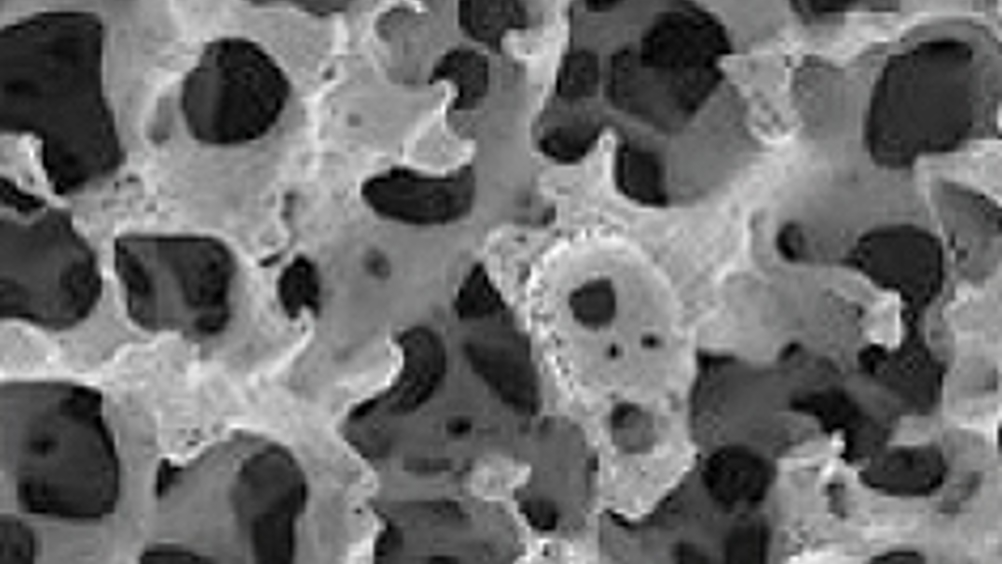Injectable polymer implants stimulate rebuilding of bones
The need for artificial joint replacements in people with osteoarthritis could soon be bypassed with injectable polymer implants that stimulate rebuilding of bone structures.

The research is being headed by Bristol University’s team of stem cell and tissue engineering experts in collaboration with researchers from Qatar and Canada. Speaking to The Engineer, lead investigator Dr Wael Kafienah of Bristol explained the rationale behind the project.
‘In our articular joints — the elbow, knee and hip — the end of the bone is covered with a very smooth surface of cartilage and it’s this that provides the articulation. In the case of traumatic injuries to the joints, or osteoarthritis, what you get is a defect to the cartilage surface, which with time gets eroded and starts to cause a lot of pain,’ he said.
Normally at this stage, patients would be considered for metallic joint replacement, which requires extensive surgery and a protracted rehabilitation period.
There has been some research into regenerative solutions, but at present, cartilage implants created using stem cells can only be constructed as a solid shape, acting as an interim measure before the almost inevitable need for total joint replacement.
Register now to continue reading
Thanks for visiting The Engineer. You’ve now reached your monthly limit of news stories. Register for free to unlock unlimited access to all of our news coverage, as well as premium content including opinion, in-depth features and special reports.
Benefits of registering
-
In-depth insights and coverage of key emerging trends
-
Unrestricted access to special reports throughout the year
-
Daily technology news delivered straight to your inbox










UK Enters ‘Golden Age of Nuclear’
The delay (nearly 8 years) in getting approval for the Rolls-Royce SMR is most worrying. Signifies a torpid and expensive system that is quite onerous...